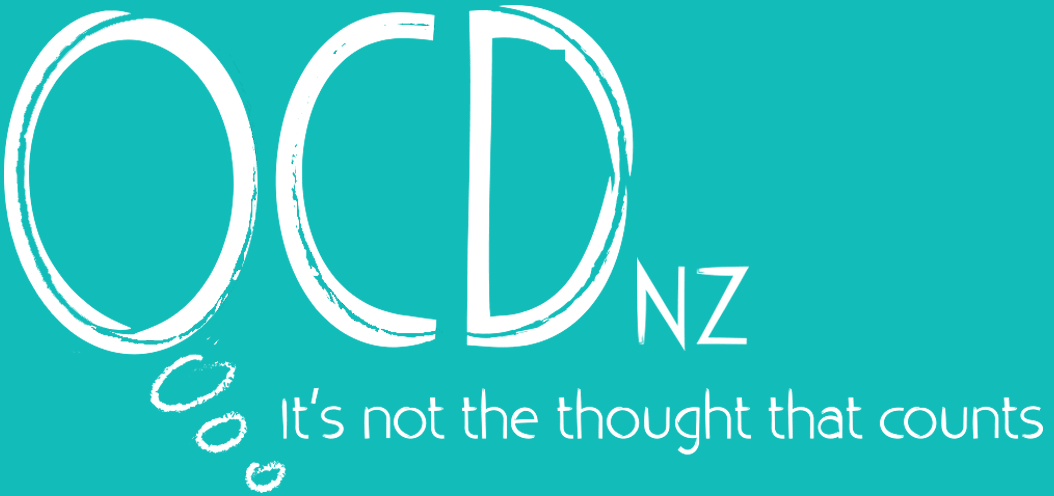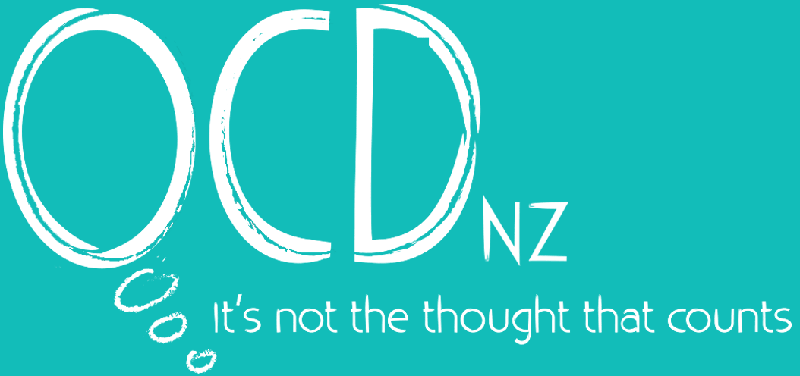Many people think that OCD is just about being tidy, or being clean or carrying out little routines. It can be so much more than that!
Here are some of the most common behaviours:-
- Compulsive checking. An individual with OCD may repeatedly check objects such as doors, locks and household appliances fearing disaster if they are not checked and rechecked and checked again.
- Compulsive washing and cleaning. This is characterised by persistent worrying about contaminations from dirt, germs or foreigh objects and living with the constant dread ofeither being harmed or causing harm to others.
- Compulsive ordering and symmetry obsessions. People feel compelled to arrange certain items or carry out tasks repeatedly until they feel ‘ just right’.
- Pure Obsessions (also known as primary obsessional OCD). Unwanted or sexually inappropriate thoughts and images intrude upon the minds of the individual. People can attempt to actively suppress the unwanted thought and avoid situations in which they are likely to occur. People might count, pray or repeat words to try to negate or neutralise the anxiety.
Please note here that there also many varieties of intrusive thoughts. This list includes just some and we recommend investigating the resources section to find out more.
- Fear of harming others and self harming rather than an actual desire to do so.
- Forbidden sexual thoughts
- Impure or blasphemous religious thoughts
- Disgust causing intrusions
- Big issue thoughts ( uncertainty and unknowability, questioning beliefs)
- Doubts about relationships
- Sexual orientation and sexual identity thoughts.
- Hoarding. Collecting insignificant things and having trouble discarding them, or for example, feeling compelled to pick up rubbish because someone might be harmed by it
- Scrupulosity.and moral thoughts. This involves judgement about your own or someone else’s inaction, intention or character. It includes both religious and non-religious preoccupation with thoughts about right and wrong and judging your own or someone else’s attempts to be totally pure e.g good, kind, fair, giving and honest. The religious form of OCD involves persistent worry about possibly insulting or offending God by violating rules or principles.
- Health related OCD. Persistent worries about the possibility of being or becoming ill with a catastrophic disease.
This is just a brief description of OCD but check out the resources page for additional information and brochures ,
Note: Excerpts from this section are referenced from Break Free from OCD, Coping with OCD and the OCD Workbook ( see section on Resources).
The vicious cycle
Source: https://dynamicyou.org/wp-content/uploads/2017/09/ocd-diagram.png
Obsessions and compulsions are often interrelated. Obsessions usually begin with persistent doubt, which is why OCD is called the Doubting Disease. The doubt leads to intolerable and disturbing levels of uncertainty which generates anxiety. To relieve the anxiety, individuals with OCD might start engaging in compulsive behaviour, excessive washing, checking, reassurance seeking ( e.g asking someone constantly if they’ve done something) . The behaviours might relieve the anxiety for a little while but the relief won’t last long. The anxiety provoking obsession returns often more strongly and more frequently than before. So then the individual might have to adopt even more elaborate rituals to relieve the anxious feelings of uncertainty. Hence a vicious cycle,
In its milder form, the cycle can be annoying an inconvenient. At its most extreme, it can be severely disruptive to all aspects of life and even result in disability.



